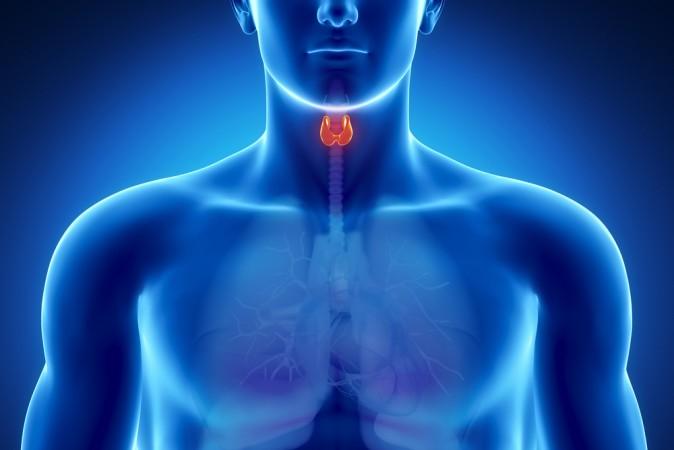The thyroid is the largest gland in the body. Located in front of the neck just below the Adam’s apple, it produces hormones that are critical to many bodily functions. A weak, under-productive thyroid is associated with symptoms such as obesity, fatigue, hypertension, hair loss, difficulty concentrating, frequent infections, and constipation.
To identify thyroid problems, as well as determine the proper dose of medication, doctors look at hormonal levels in blood tests. The most important hormone in evaluating thyroid issues is actually one created by the pituitary called the thyroid stimulating hormone (TSH).






